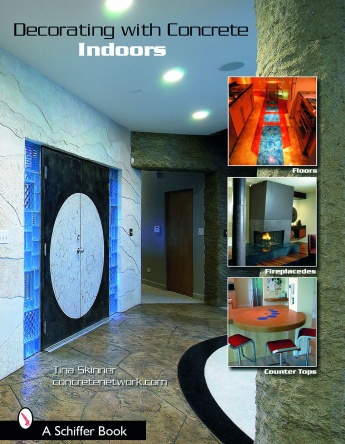The Top Ten Mistakes When Stripping Floors

Floor stripping refers to completely removing old wax, soil, and debris found on the floor.
It is usually one of the most labor intensive and time consuming jobs in the professional cleaning industry. Further, it is common for cleaning professionals-even experienced cleaning professionals-to make mistakes when stripping floors.
Many of these mistakes can be avoided. Because of this, the May 2013 Powr-Flite Floor Care Troubleshooter lists the top ten mistakes cleaning workers often make when stripping floors and offers some ways to prevent them:
- Learning the skill on your customer's floors. Stripping a floor is a learned skill. Learn it in a technical school or at a distributor's work area, but not on your customer's floor.
- Not knowing the floor type. The chemicals and equipment used for a VCT floor, for example, may not be appropriate for a stone floor.
- Not having all the tools necessary and on hand before starting the job; this can slow down the entire floor stripping process.
- Using soiled mops and buckets; always use clean equipment.
- Not wearing safety clothing, including goggles, gloves, and stripper (safety) slippers or non-slip shoes.
- Not posting safety cones around the work area.
- Working in too large a work area. Always section off the floor and work in one area at a time.
- Not properly diluting the stripper. In most cases, the stripper must be diluted; also, it is often recommended to use cold water.
- Not allowing for proper dwell time.
- Not using a defoamer with a wet/dry vacuum.
"The wet/dry vac is used to vacuum up the slurry from the floor, but this can cause a lot of foam to develop," says Mike Englund, product manager for Powr-Flite. "The defoamer will minimize the foam buildup so the machine works more effectively."
The Powr-Flite Troubleshooter addresses some of the most common floor care problems cleaning professionals encounter, and most importantly, how to tackle them.
Looking for a reprint of this article?
From high-res PDFs to custom plaques, order your copy today!







